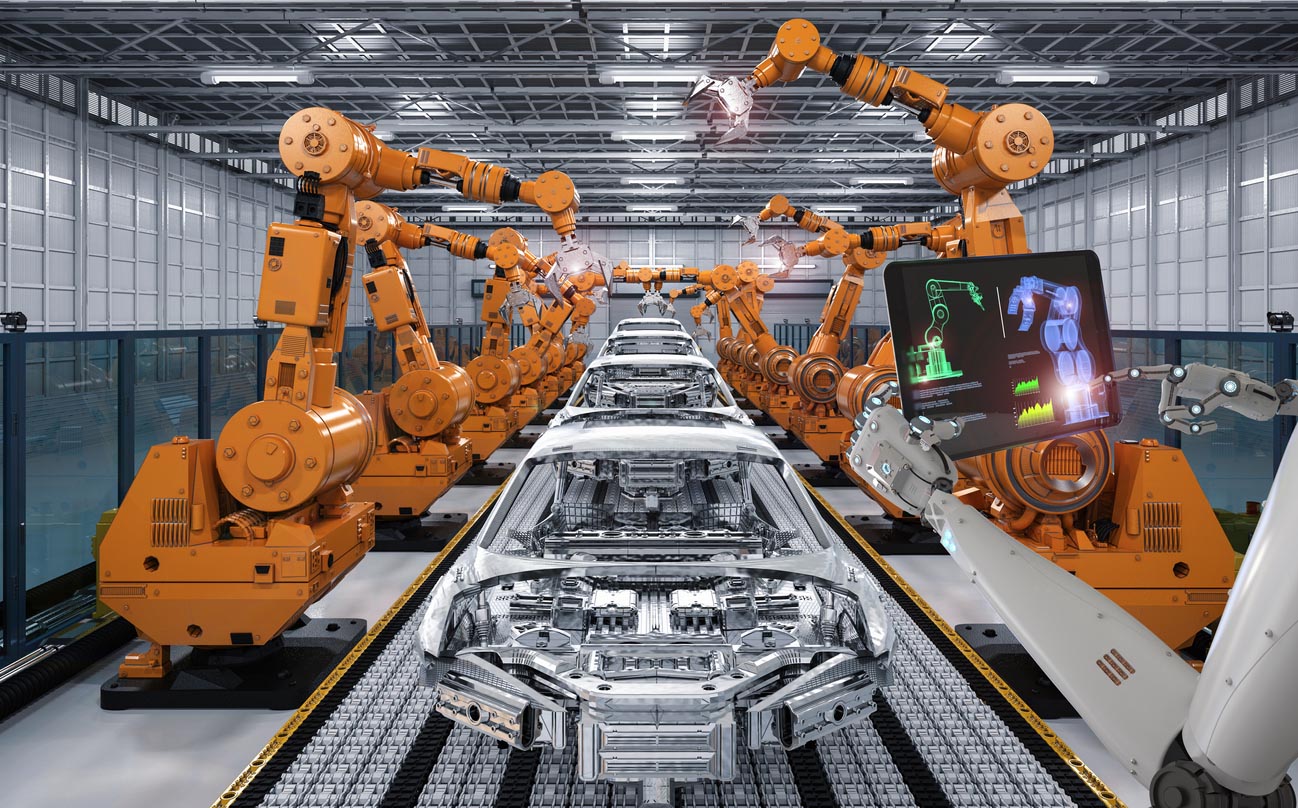In the ever-evolving landscape of technology, the past few decades have witnessed unprecedented advancements that have reshaped the way we live, work, and interact with the world around us. From the rapid progression of artificial intelligence to the emergence of groundbreaking innovations in various fields, these technological strides are not only impressive but also indicative of a future that holds immense promise. In this article, we will explore some of the most notable technological advances that are shaping the landscape of the 21st century.
Table of Contents
ToggleArtificial Intelligence (AI) and Machine Learning (ML):
Artificial Intelligence and Machine Learning have been at the forefront of technological innovation. The ability of machines to learn from data and perform tasks Arizonaupdate.com/ that traditionally required human intelligence has paved the way for significant advancements in various industries. From predictive analytics in healthcare to personalized recommendations in e-commerce, AI and ML are revolutionizing the way businesses operate and enhancing the efficiency of numerous processes.
5G Technology:
The rollout of 5G technology has ushered in a new era of connectivity, offering faster speeds and lower latency compared to its predecessors. This has not only enhanced the performance of mobile devices but has also paved the way for the Internet of Things (IoT) to flourish. The increased bandwidth and reliability of 5G are catalyzing developments in smart cities, autonomous vehicles, and augmented reality, transforming the way we experience and interact with our surroundings.
Blockchain and Decentralized Technologies:
Blockchain, the technology behind cryptocurrencies like Bitcoin, has transcended its original application and found use in various sectors. Its decentralized and transparent nature makes it a powerful tool for ensuring security and trust in transactions. Beyond finance, blockchain is being explored in supply chain management, healthcare, and even voting systems, promising a more secure and tamper-proof infrastructure.
Biotechnology and CRISPR:
Advancements in biotechnology, particularly the development of CRISPR (Clustered Regularly Interspaced Short Palindromic Repeats) gene-editing technology, have opened up new possibilities in healthcare and genetics. CRISPR allows for precise modification of DNA, offering potential cures for genetic diseases and providing scientists with unprecedented control over the building blocks of life. While ethical considerations remain, the potential benefits of this technology are vast.
Quantum Computing:
Quantum computing represents a paradigm shift in computational power. Unlike classical computers that use bits, which can be either 0 or 1, quantum computers use quantum bits or qubits, which can exist in multiple states simultaneously. This allows quantum computers to perform complex calculations at speeds unattainable by classical computers. While quantum computing is still in its early stages, its potential applications in cryptography, optimization, and simulation are generating excitement within the scientific community.
Conclusion:
The pace of technological advances shows no signs of slowing down, and as we move forward, these innovations will continue to redefine the possibilities of what can be achieved. From the integration of AI and machine learning into our daily lives to the transformative power of 5G connectivity and the revolutionary potential of quantum computing, the future promises a world where technology not only solves existing problems but also opens up new frontiers of exploration and discovery. As we navigate this rapidly evolving technological landscape, it is essential to consider the ethical implications and ensure that these advances are harnessed for the greater good of humanity. The journey into the future is marked by innovation, and the only constant is the transformative power of human ingenuity



